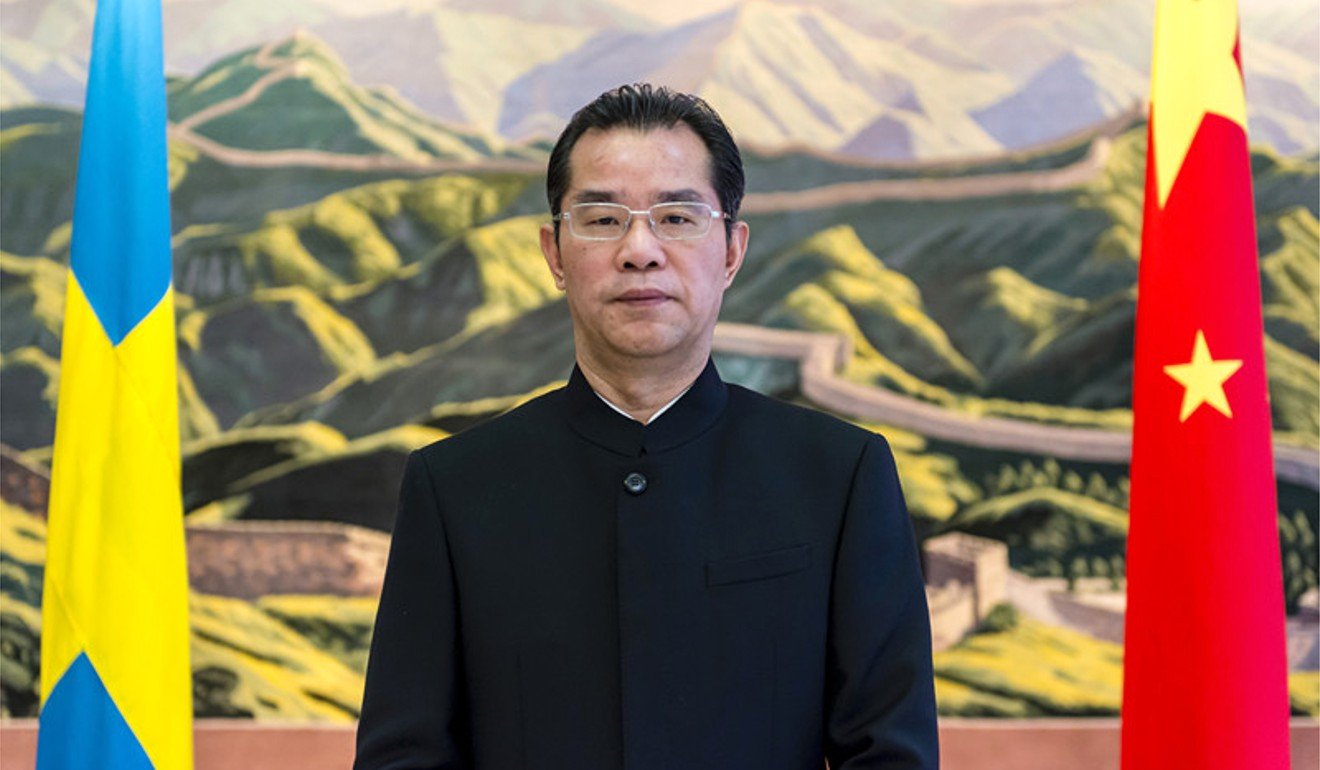
Chinese tourists and Swedish hostel staff could have avoided an ugly incident by thinking globally
Wei Yen says a little tolerance would have gone a long way in the saga. The tourists who were booted out of a Swedish hostel behaved hysterically, but the staff and police could have diffused the situation by understanding the Chinese mindset and customs
So far, the Swedes are becoming more defensive and Chinese are getting angry. No one is willing to yield and conspiracy theories abound. A minor matter that could have been easily resolved has grown to become an international incident. However, if both sides understand each other’s culture better, the outcome could be very different.
The trio arrived at their pre-booked hostel at midnight. He claimed the bus they had intended to take was cancelled. They had to take a later one and that was why they arrived at such an awkward hour.
This all sounds vaguely familiar to those who travel a lot and are frustrated by missed connections, lost luggage and accommodation bookings. Nothing unusual, so why did it deteriorate in such a fashion?
In principle, the hostel staff could tell them to come back the next day, and if they created a public nuisance, the police would be called. This was what happened and it was done by the book. But doing things by the book is not always the best policy in a multicultural world.
Watch: Chinese tourists claim mistreatment by Swedish police
The hostel’s customer service was also less than desirable. In a commercial society like Sweden, customers are always right, even if they make mistakes. Here, the staff acted like robots processing orders rather than hospitality workers serving their guests.
Instead, they should have gone that extra mile, calling other hotels and hostels in Stockholm to find rooms for the stranded guests and to make them feel comfortable during the process (the son said they were willing to pay the additional costs). Instead, the hostel called the police. A little empathy could have produced a different outcome.
![Swedish comedian Jesper Rönndahl's show on the public television broadcaster Sveriges Television AB created a satirical list of “dos and don’ts” for Chinese tourists. The show has since been criticised by the Chinese embassy for “outrageously insulting China” and “advocat[ing] racism” and an apology has been demanded. Photo: weibo](https://cdn3.i-scmp.com/sites/default/files/images/methode/2018/10/03/4fff44de-c619-11e8-9907-be608544c5a1_1320x770_164432.JPG)
The Swedish hostel staff should also be more sensitive to guests from China, where the culture is very different.
This is not to put all the blame on the Swedes, because the Chinese tourists also behaved bizarrely. They were hysterical, screaming at the top of their lungs. Some surmised that this is a common Chinese tactic to extract concessions, since authorities at home are reluctant to discipline the elderly.
What people don’t realise is that elderly Chinese express themselves this way if they need help from a higher authority (it goes way back). We will never know whether the Chinese trio did this intentionally or whether they had become hysterical from fatigue and the poor treatment.
Watch: Chinese tourists brawl over duty-free make-up in Seoul
In China, the police also act as mediators in conflicts. In Sweden, the police just did what they are supposed to do: enforce the law and nothing more. Perhaps the trio were expecting the police to help mediate, but that didn’t happen.
Globalisation allows different cultures to interact, and misunderstandings and friction are to be expected. What’s important is what we can learn and do better going forward. How to resolve conflicts between cultures under the watchful eyes of millions will be important for years to come.
When we view events with different cultural lenses, it’s imperative for us to understand other perspectives before judging them. We may consider the Confucian golden rule, which is not to do to others the things you don’t want done to you. Just imagine if Chinese police evicted a trio of Swedish tourists from a Beijing hotel, what would come of it?

The ability to tolerate exceptions is a Chinese virtue. However, most Westerners, who are used to operating in a rules-based world, often find tolerance difficult to accept. But rules are never universal. Rather, they are contextually derived and culturally dependent. Unless we have perfect rules for every situation in every culture, tolerance is our best option to deal with cross-cultural issues.
All of us would be better off if we could practise a bit more tolerance. The Swedish hostel staff could be more welcoming, the police more helpful, the TV host more tactful, Chinese tourists more aware and the Chinese government have a better understanding of Western humour.
The traditional Chinese way is a meaningful alternative to the Western by-the-rules style of problem solving. There are 1.4 billion Chinese living in China who are steeped in traditions but also Westernising on the fly. Sooner or later, everyone will have to deal with them in some way. Should we force them to follow our ways or should we understand them better and seek the middle way? This incident argues for the latter.
Wei Yen is a retired financial executive and an adjunct professor of finance at Pepperdine University. He is the author of From the Great Wall to Wall Street, a cross-cultural look at leadership and management in China and the US

